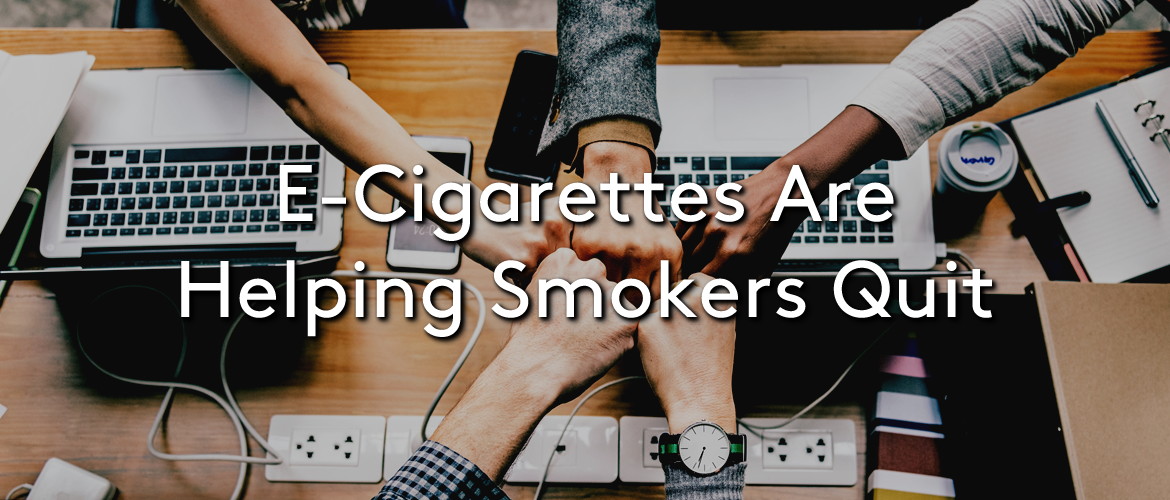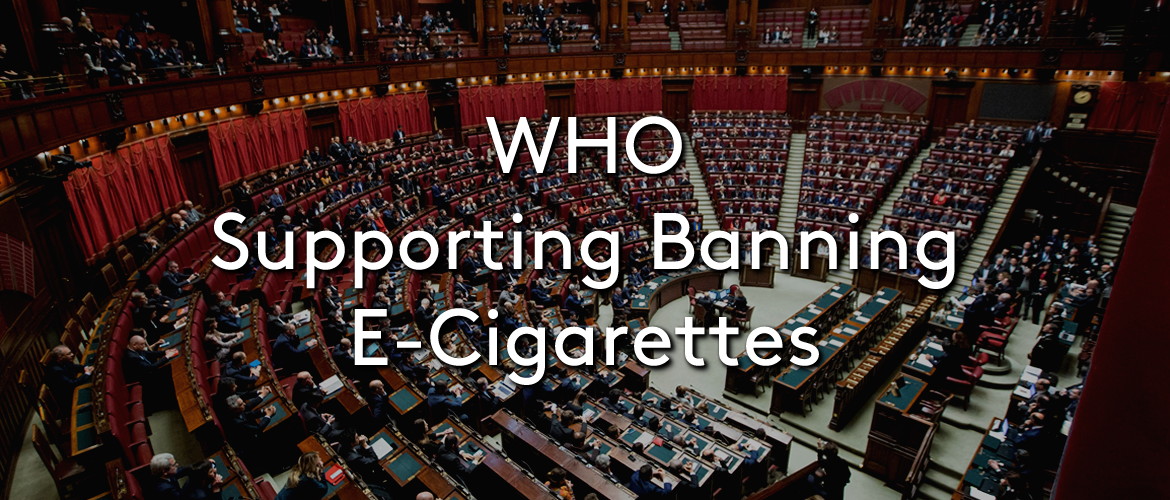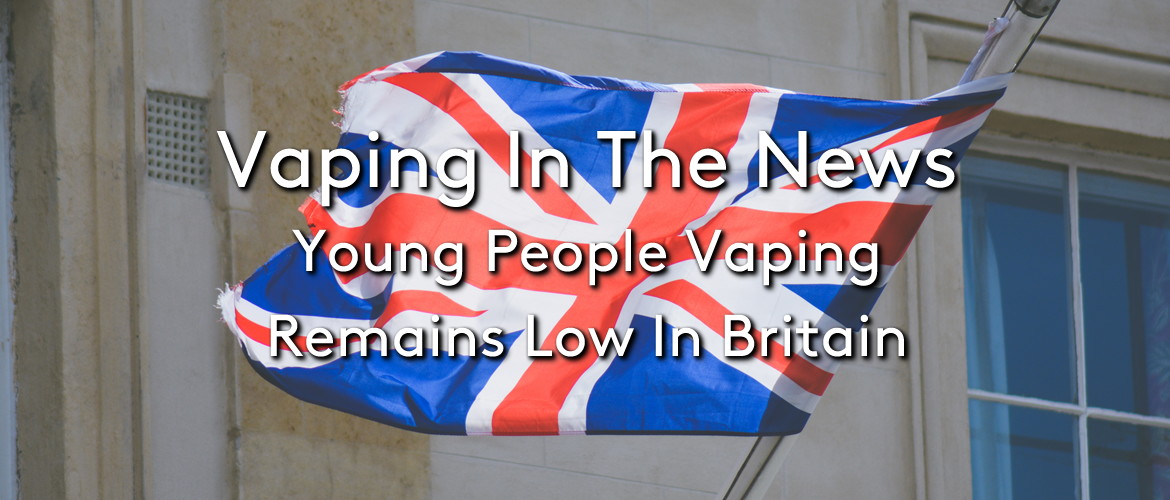Following our previous article ‘Why the WHO Has Got Vaping All Wrong’, the World Health Organisation has faced even more criticism over its decision to ignore all evidence in support of e-cigarettes.
COP8
The eighth World Health Organisation (WHO) Conference of Parties (COP) was held last month in Geneva.
It was the hope of many health organisations, research groups and the vaping industry itself, that they would change their previous stance on e-cigarettes and show their support for vaping as a viable nicotine replacement.
Unfortunately, rather than endorsing the use of e-cigarettes, they further condemned it and went on to suggest there was no valid research to prove that vaping is a safer alternative to smoking.
Needless to say, this was not taken particularly well by the many different respected parties who have carried out research finding e-cigarettes to be a less harmful alternative.
In England alone, there are countless authorities who have carried out research and are now happy to back e-cigarettes as a result, these include Public Health England, Cancer Research UK and the Royal College of Physicians.
Quite why the findings of such reputable and respectable authorities have not been acknowledged is a question the WHO have yet to answer.
E-Cigarettes Are Helping Smokers Quit
Not only has it been found that e-cigarettes are a safer alternative to smoking, but they are also proving themselves to be a viable alternative.
The decline in smoking rates in the UK can be directly linked to the rise in e-cigarette users, and 1.7 million people have now changed their lives for the better by fully making the switch.
The UK now boasts its lowest smoking rates EVER, and the second lowest in Europe. Adding to this, the country with the lowest smoking rates in Europe is Sweden where smoking alternatives such as e-cigarettes and 'snus', another alternative that is not supported by WHO, have been endorsed and embraced.
WHO Supporting the Banning of E-Cigarettes
In spite of their own policy of endorsing harm reduction, the WHO are still refusing to encourage the use of safer nicotine products like e-cigarettes, heat not burn devices and snus, which are all proven to be a safer alternative to combustible tobacco.
Not only this, but they have actively encouraged the banning of such products, and are congratulating countries such as Australia and Saudi Arabia where e-cigarettes or e-liquids containing nicotine are currently illegal.
This sends out a terribly contradictory message to residents of these countries, where incredibly damaging and carcinogen ridden cigarettes and combustible tobacco products are still readily available, but the use of a proven healthier alternative such as an e-cigarette could result in arrest.
It is surely past time for the WHO to reconsider where they stand on the fight against smoking. If they truly want to help us see a cigarette free future, they need to embrace the use of devices designed to help make this a reality.
While some smokers can quit without the help of any nicotine replacement therapy, it is unrealistic and unreasonable to expect this to be the case for all. With some countries continuing to follow the WHO’s recommendations, by banning the use of e-cigarettes, it is turning a difficult task into an uphill struggle.
If you would like to read more about e-cigarettes and how they could help you give up smoking, head over to the NHS quit smoking services, go to your local stop smoking clinic, or pop in to your local Evapo store and speak to a member of staff.
Sources:
https://www.nhs.uk/live-well/quit-smoking/using-e-cigarettes-to-stop-smoking/
https://www.nhs.uk/smokefree/help-and-advice/local-support-services-helplines
























